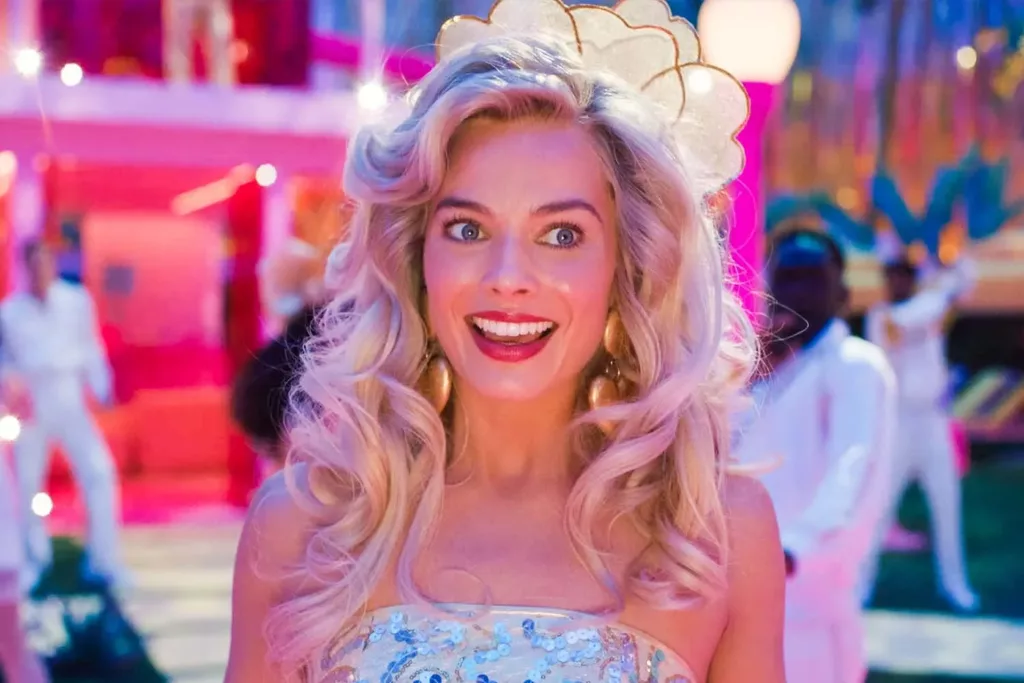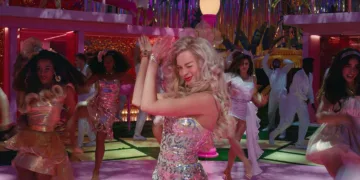As the dust settles on the Oscar nominations, a significant conversation emerges in the cinematic world, centered around the notable absence of Greta Gerwig and her latest work, “Barbie,” from the Best Director and Best Picture categories.
This exclusion has sparked a lively debate among film enthusiasts and critics alike, delving into the intricate dynamics of genre, prestige, and the evolving landscape of the Academy Awards.
At the heart of the discussion is the perennial question of the Oscars’ historical reluctance to embrace comedies. This year, the pattern seemed to persist, with “Barbie,” a comedy, not making the cut, despite its unique approach and innovative storytelling. The film, a comedic exploration centered around the world’s most popular children’s toy, attempted to transcend traditional genre boundaries. It was a daring move, considering the Oscars’ tendency to favor more serious, dramatic narratives.
The expanded voting body of the Oscars, now receiving ballots from 93 countries, suggests a shift towards a more global and diverse set of preferences. This year’s nominations indicate a leaning towards European favorites like “Anatomy of a Fall” and “The Zone of Interest,” signaling a Cannes-like taste among the voters. This international influence seems to have overshadowed Gerwig’s work, despite “Barbie’s” critical acclaim and innovative approach.
An intriguing comparison arises between “Barbie” and Christopher Nolan’s “The Dark Knight.” Both films, despite being pop blockbusters crafted with impressive skill, faced similar challenges in breaking into the major Oscar categories. “The Dark Knight’s” success in technical categories and a supporting performance nomination mirrors the trajectory of “Barbie,” highlighting a consistent pattern in the Academy’s recognition of certain film genres.
The debate around “Barbie” and Gerwig’s snub raises broader questions about the future of filmmaking and what genres and styles the Oscars will embrace moving forward. It poses a challenge to the Academy to reconsider its criteria for excellence, potentially paving the way for more inclusive and diverse recognition in future ceremonies.

